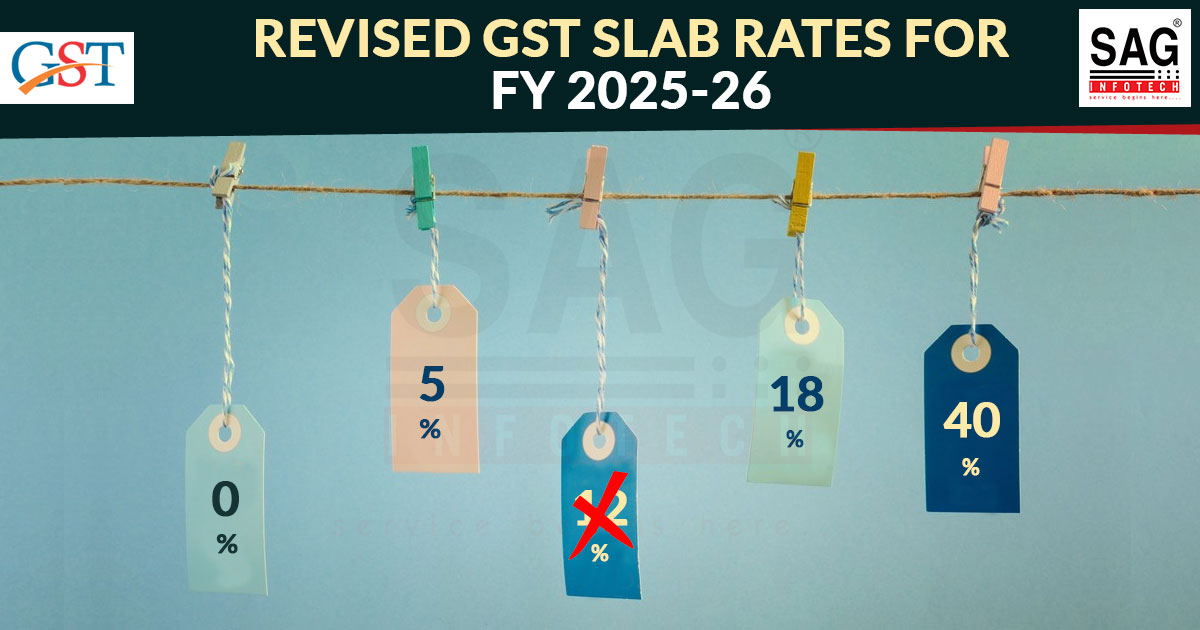With the second wave of corona being more deadly and gripping the entire country within its trap, states are seeking relief from the centre. They are demanding exemption in the GST rates of medicines (Remdesivir, Medical-grade oxygen used in oxygen cylinders, and related supplements) that are used for treating this chronic illness. The GST rate applicable on the aforesaid medicines and equipment is 12%.

In addition, States are demanding a meeting of the GST council that has not been held for the last six months. The prevailing law on GST mandates the GST council to hold at least one meeting in a quarter. Besides, States are also urging the center to extend the tenure of the compensation period beyond July 2022 under the GST regime. Lastly and most importantly, States are also seeking rationalization of GST rate slabs 
The Health Minister of Chhattisgarh, T S Singh Deo, represents the state at the council. In an interview, he said that “We are demanding a GST exemption on Remdesivir and some other items. But, the GST Council needs to meet for that. It should certainly have had a virtual meeting.”
Amid this time, the country is facing a critical shortage of the Remdesivir drug However, due to the high gravity of the pandemic, many states are demanding a high volume of drugs to treat Corona. The State of Chhattisgarh has ordered 90,000 Remdesivir injections, worth Rs 14.11 crore, with a pharma major Mylan Laboratories.
“We have placed the order with Mylan Laboratories for 90,000 injections at the rate of Rs 1,400 plus 12 percent GST. Around 2,000 injections will come in two days and another 28,000 within a week, which makes it 30,000 injections a week” said Deo.
Coming to Punjab, Finance Minister Manpreet Singh Badal commented that states should discuss the issue about the extension of the GST compensation beyond July 2022 as the economic uncertainty continues.
“Rules require the GST Council to meet once in a quarter. This is the time to repair the GST regime. Unless it is done in the formative stages, that is, less than five years, it will not get repaired. We need to discuss GST compensation extension, but first, we need to meet,” said Badal.
In response to the above comments, the officials of the Finance Ministry of India attributed the aforesaid postponement to a delay in elections in many states.
“We would like representation from all states in the council. So, it is better that it takes place after new governments are formed in the poll-bound states,” said a key finance ministry official.
Head of the 15th Finance Commission, NK Singh in an interview has advised rationalizing of GST into a three-rate structure comprising 28-30 percent de-merit rate, a rate obtained by merging 12 & 18 percent, and lastly a 5 percent merit rate.









